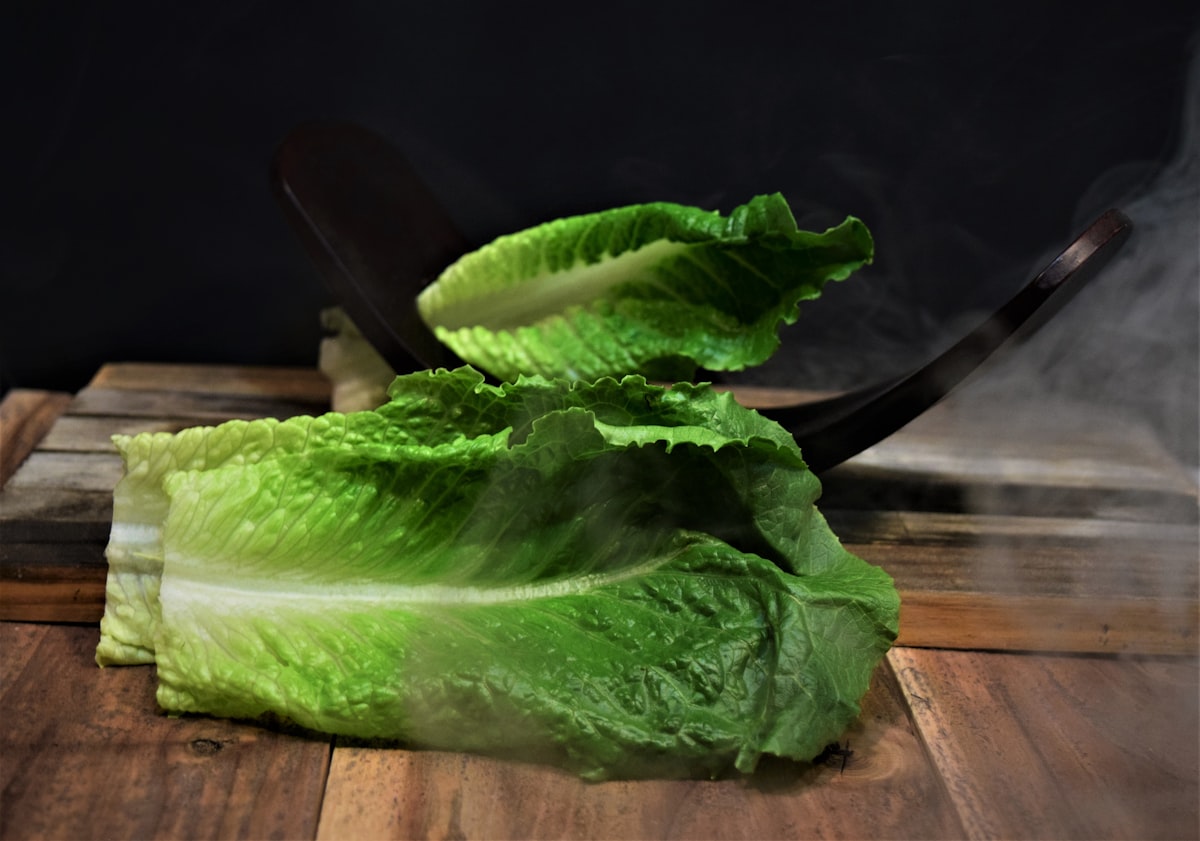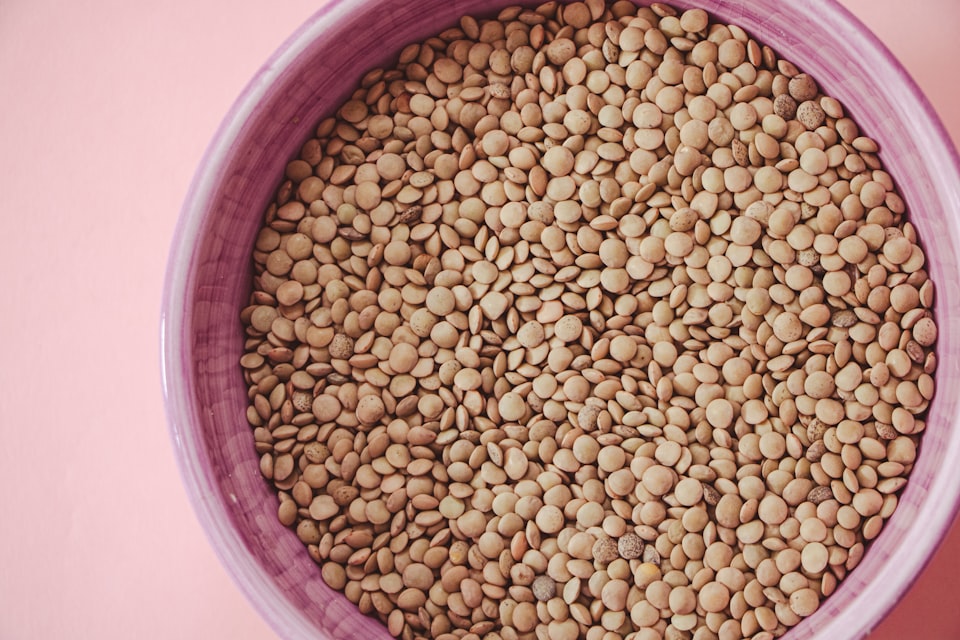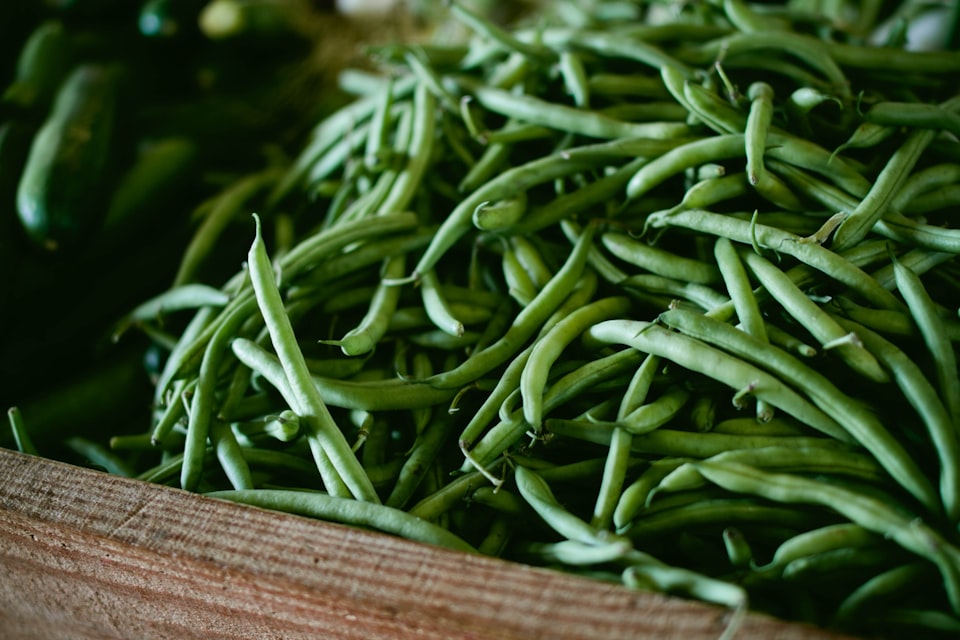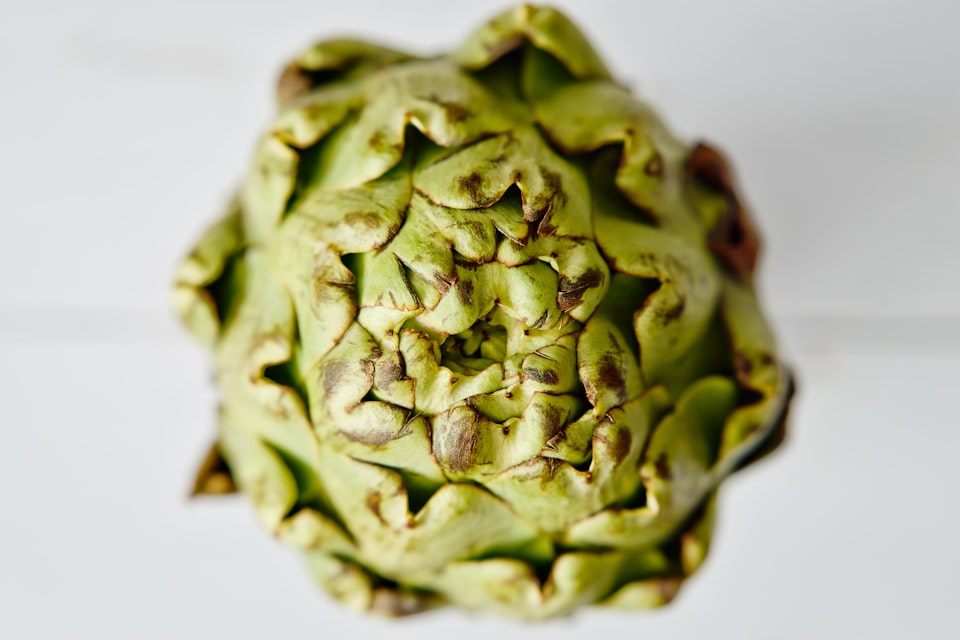II: Romaine
How did lettuce even evolve in the first place?

Good morning. Today is duodi, the 22nd of Germinal, Year CCXXXI. We celebrate le romain, a lettuce with long, crisp leaves.
One thing I wonder whenever I ponder a plant is "why did it evolve this way?" The answer in many cases is simple: "bees." In other cases, a plant or tree has found a preferred set of dance partners in the "get my seeds as far and wide as possible" dance, and to that end have enlisted fur or guts or shells or aerodynamic wings.
Then there's lettuce. It's not only edible, it's easy to eat, whole, and super desirable to any number of ground-level critters. It grows early in the year, when such critters are super hungry. And it's most delicious way before it even get a chance to create seeds, so none of this ingestion is helping it propagate the species at all. As if that weren't enough, it's low-calorie, so it almost begs animals to eat all day long, not stopping until every last leaf is consumed.
From a plant-life standpoint, lettuce is a completely defenseless bit of food that has no plan for reproducing. How is lettuce still around, much less common as dirt?
Because it's man-made.



